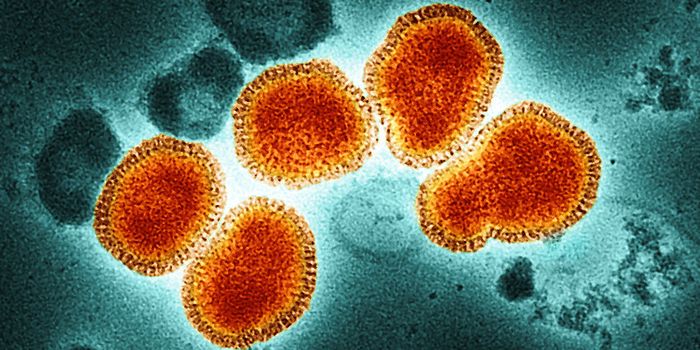Study May Explain Higher Flu Risk in Adults That Were Premature Babies
Medical treatments for premature babies have allowed many individuals to get through that challenge and lead normal lives. But many premature babies go on to have life-long side effects from the treatment they received as infants. Adults that started life as premature babies are often at higher risk of serious cases of the flu.
New work reported in eLife by the team of senior study author and neonatologist Shaon Sengupta of the Children's Hospital of Philadelphia Research Institute may have an explanation for why that is; when the natural cycles or circadian rhythms of lung cells are disrupted, they are more susceptible to flu infection.
Premature infants often have difficulty breathing on their own, so they're given supplemental oxygen to survive. But this therapy may be causing lasting damage in the lungs, which makes these cells more prone to severe influenza infections later on.
Previous work by this team has shown that in a mouse model, flu susceptibility was influenced by what time of day the mice were infected. It was more likely that mice would die from the flu if they were infected when they became active, which for nocturnal mice is around dusk; it was more likely that mice would survive the flu if they were infected when they went to sleep, at dawn. The circadian rhythm, which involves the regulation of various biological processes according to the time of day, appeared to have an influence on flu severity in the model.
"Given these previous findings, we wanted to see if the severity of flu infection in former premature infants may be caused by disruptions to their circadian clock," said co-first study author Yasmine Issah.
The researchers showed that adult mice that were exposed to high oxygen levels as newborns did not gain any protection when they were infected with the flu at dawn; the time of day when they were infected no longer mattered after the oxygen exposure. The scientists also showed that in the brain, the circadian cycle was normal; when the day-night cycle was changed to constant dim light, and then changed back, the mice were able to adjust.
The disruption in the circadian rhythm seemed to only affect the lung cells, which may be operating on a cycle independently of those in the brain.
The researchers used a normal adult mouse model to delete the activity of an important circadian gene known as Bmal1 in the same lung cells that are damaged in newborn mice that receive supplemental oxygen. These adult mice were also susceptible to severe flu when infected at dusk, as though they'd been receiving oxygen as newborns.
"Our findings suggest that adverse early-life exposures can disrupt the lung circadian clock," concluded Sengupta. "Those born prematurely are uniquely vulnerable to this faulty development of their circadian network, and this is a new paradigm for understanding the lung problems that persist into adulthood in ex-preemies. These findings could pave the way for potential new treatments that work by improving the circadian health in adults born prematurely."
Sources: AAAS/Eurekalert! via eLife Sciences, eLife









